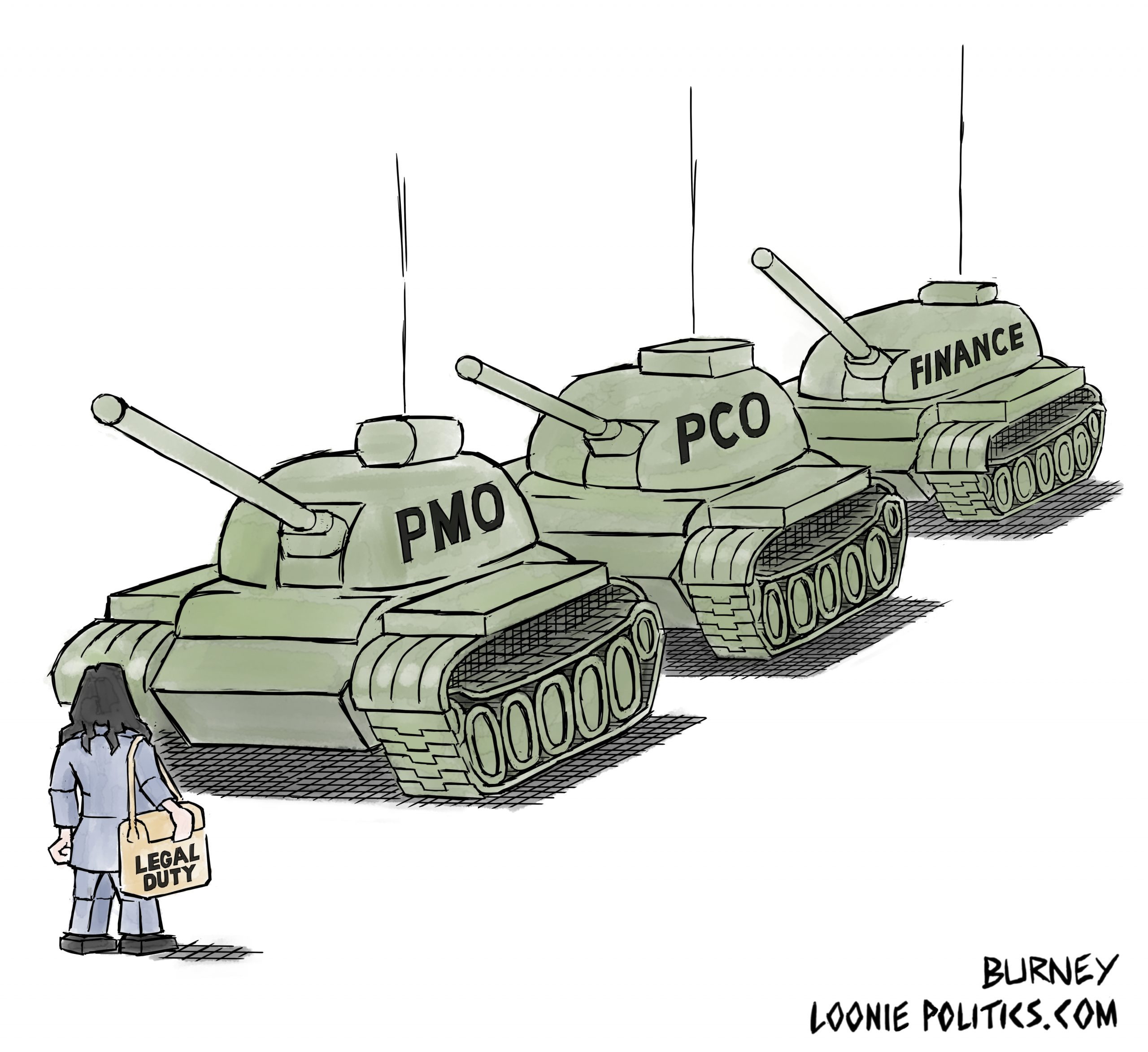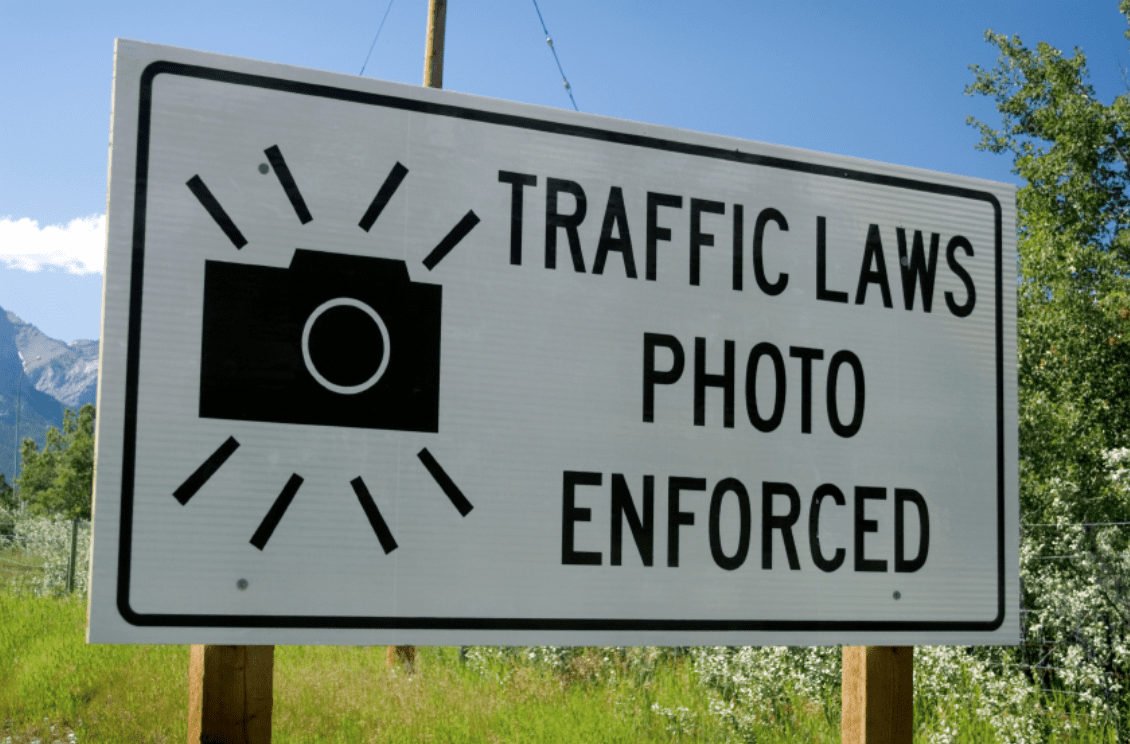In the wake of Jody Wilson-Raybould's testimony at the Commons justice committee this week, a number of pundits rushed out to declare that this was Justin Trudeau's death knell. Andrew Scheer immediately took to the microphones to demand that Trudeau resign as he had lost the "moral authority" to govern. It was never going to happen, mind you Trudeau insists he's crossed no lines, and that this is all a matter of perspective, and that while Wilson-Raybould may feel the pressure was inappropriate, the official line is that they acted professionally, in the best interest of preserving jobs, and that even Wilson-Raybould admitted there was no illegality. So, nothing to see here? That remains up in the air.
First things first Scheer completely overplayed his hand, given that his attempt to make a case for criminal obstruction of justice is premised on the flimsiest of legal analysis and gross misreadings of the Criminal Code, not only with regard to the Wilson-Raybould's allegations, but also with regard to the provisions related to deferred prosecution agreements. He insists that this has been a "textbook" case of corruption, and yet nobody has done this for personal enrichment. You know, how corruption usually works. And while SNC-Lavalin is well-connected, I don't see any particular connections between its leadership and the Liberals (though I am prepared to be proven wrong). You can roll your eyes about how the Liberals mean well, and that this is really about protecting jobs, but deep down we all know that it's a cynical election ploy to placate voters in Quebec, whose love affair with the NDP has waned, and the Liberals are looking to claim seats as the way to ensure their majority this fall. The fact that nobody got rich out of this may insulate the Liberals here.
(As an aside, it's rich for Scheer and the Conservatives to complain that they would never interfere in the criminal process when they did it for ten years with mandatory minimum sentences, and Scheer's performative letter to the RCMP this week to demand an investigation is the very definition of political interference).
The second thing we should establish is that in this situation, there is no actual black-and-white line as to what is or is not inappropriate pressure that was applied to Wilson-Raybould. That's why the demands, primarily from the NDP and a certain segment of the pundit class, for an independent inquiry into what happened is a doomed proposition. While the justice committee is mired in partisanship, and the Ethics Commissioner's legislative mandate doesn't actually cover what happened in this situation, the main failing of an independent inquiry is that it would almost certainly be led by an eminent former jurist of some variety, which would try to impose a legal framework on what happened. There is no legal frame that can be applied to this situation, as all of the players agree that there was no illegality. It's a subjective line about where pressure becomes inappropriate, and that's not necessarily the kind of question that a judge can answer. And that grey area may also help to insulate Trudeau and the Liberals that while it may be unseemly, it's also politics.
But where Trudeau will face damage in all of this is to his brand of doing politics differently, with the hopes pinned on being able to keep up the "sunny ways" schtick. We've seen the naivety embedded in their electoral platform slowly get chipped away, with stupid promises blowing up in their faces (electoral reform), and the promises of openness and transparency hitting the reality of governing, not only with the intractable culture within the civil service, but also with the fact that it's really not convenient to have everything always in the open like that, and that what progress they did make on opening up things was quickly denounced as being insufficient. This faceplant with reality includes their thought that they could simply change the Senate without a plan, and to let it sort it out by itself they're reaping what they sowed right now, and they'll be lucky to get the remaining bills on the Order Paper passed before July.
I do think there was an attempt at changing the culture in the PMO, that there was a genuine attempt at Cabinet government in the early days I heard staffers who came from Queen's Park asserting that it was not the centralized environment that they were used to. And yet, the more time that passed, those centralizing instincts couldn't be shaken, and everything started to revolve around those two main figures in Trudeau's office Katie Telford and Gerald Butts, whose own Queen's Park experiences were too hard-wired to die, and everything started to flow through their offices, creating the bottlenecks that we've become used to. No doubt some of this was because stuff needed to get done, and there were too many rookie ministers around the table that may not have been able to handle things without the guiding hand of the centre. That Donald Trump got elected didn't help matters any, as all of their actual talent got redirected to handling that file, leaving the rest in the dust (or to be managed by the Clerk of the Privy Council, as Michael Wernick's testimony indicated).
With all of this in mind, I have to wonder what Trudeau's re-election pitch will be no doubt pointing to their successes in economic growth, in reducing poverty, in legalizing cannabis, but when it comes to the accountability for the failure to live up to his promises to be different, how does he sell that to Canadians? No doubt there will be a version of "Yes, but the other guys are worse," or a hackneyed retread of his own "Better is always possible" line, but would we see some kind of humility that it was tougher than it looked, or that he didn't try hard enough? I guess we'll have to wait and see. But nothing in this whole Affair is a fatal blow, and all of those political obituaries will have to wait.
Photo Credit: Jeff Burney, Loonie Politics








